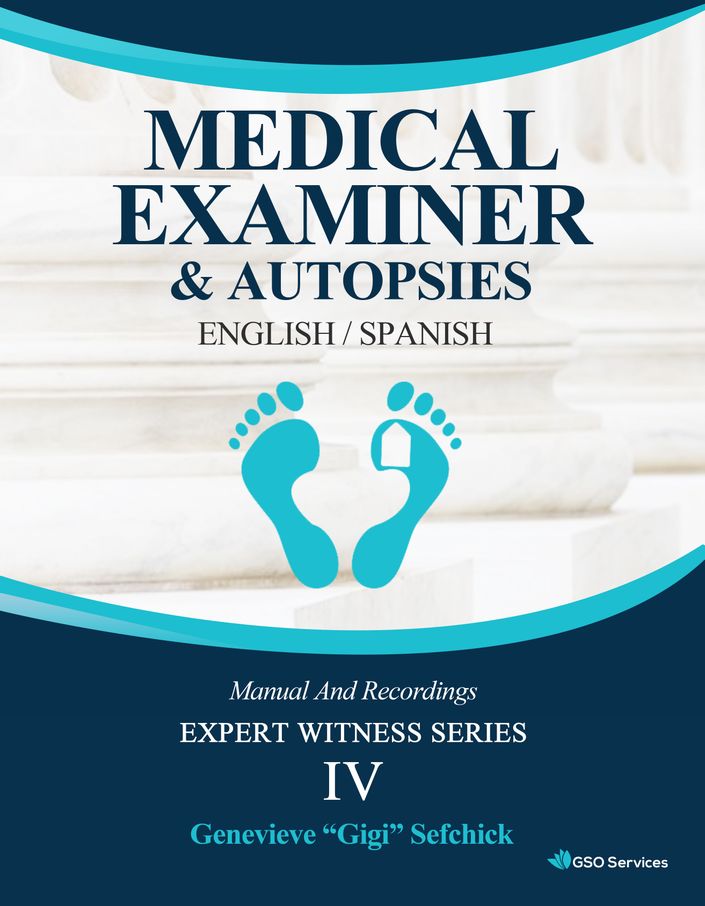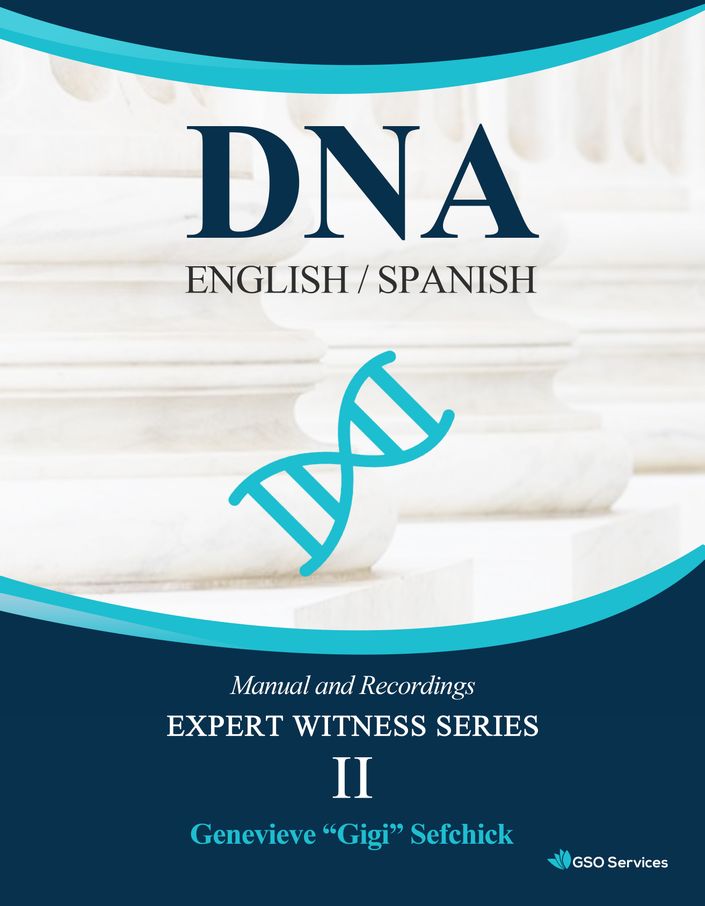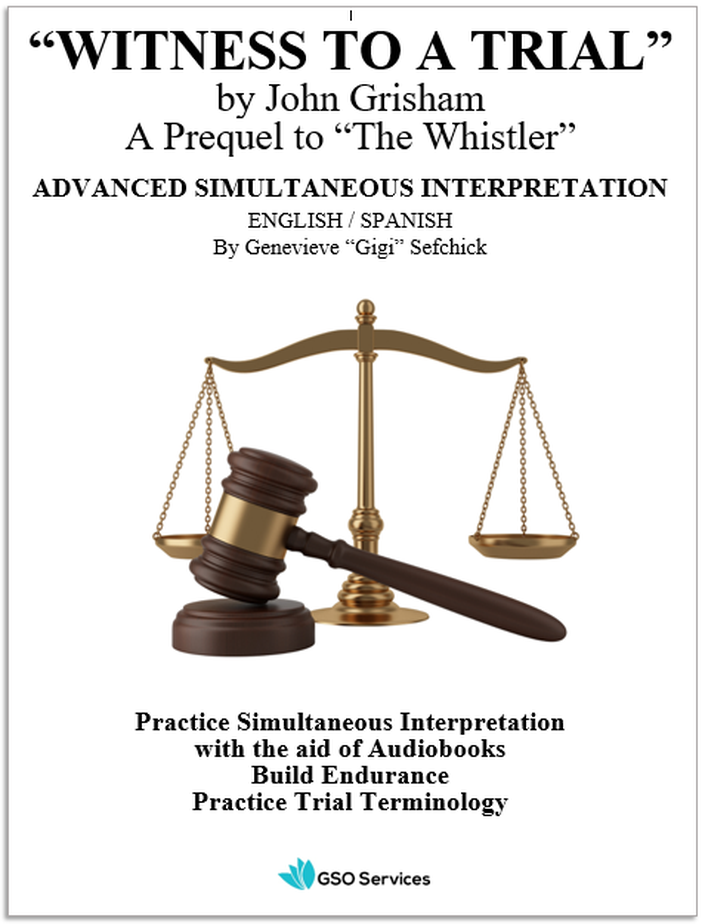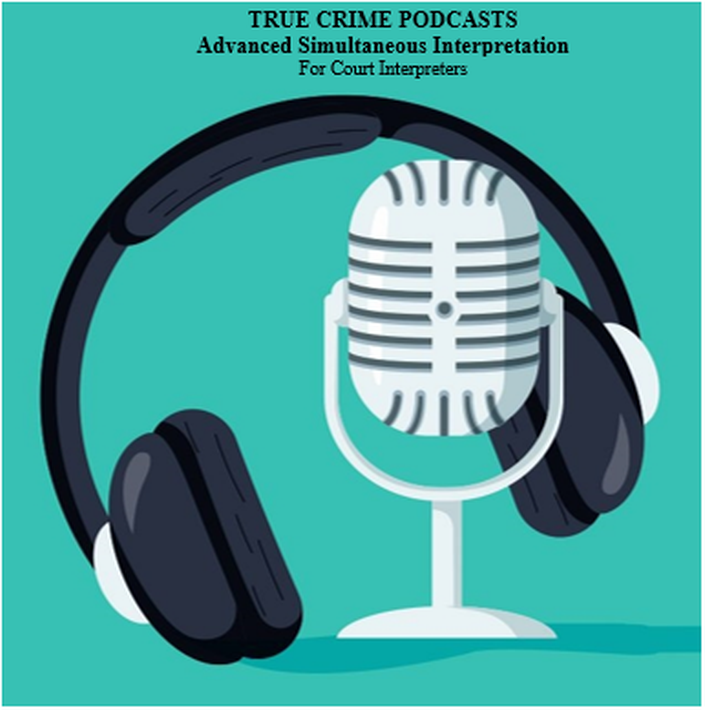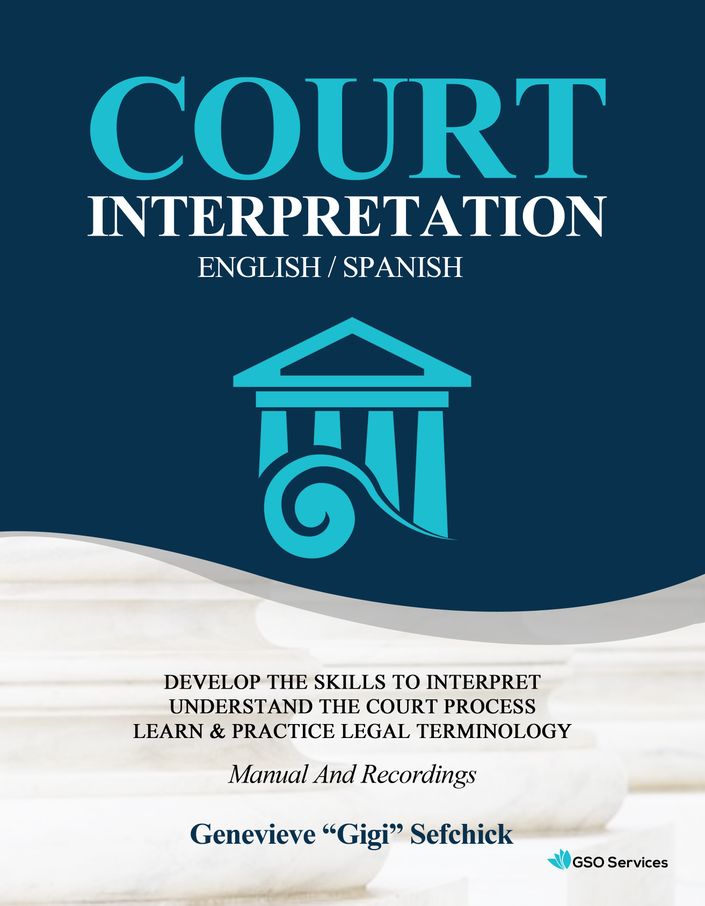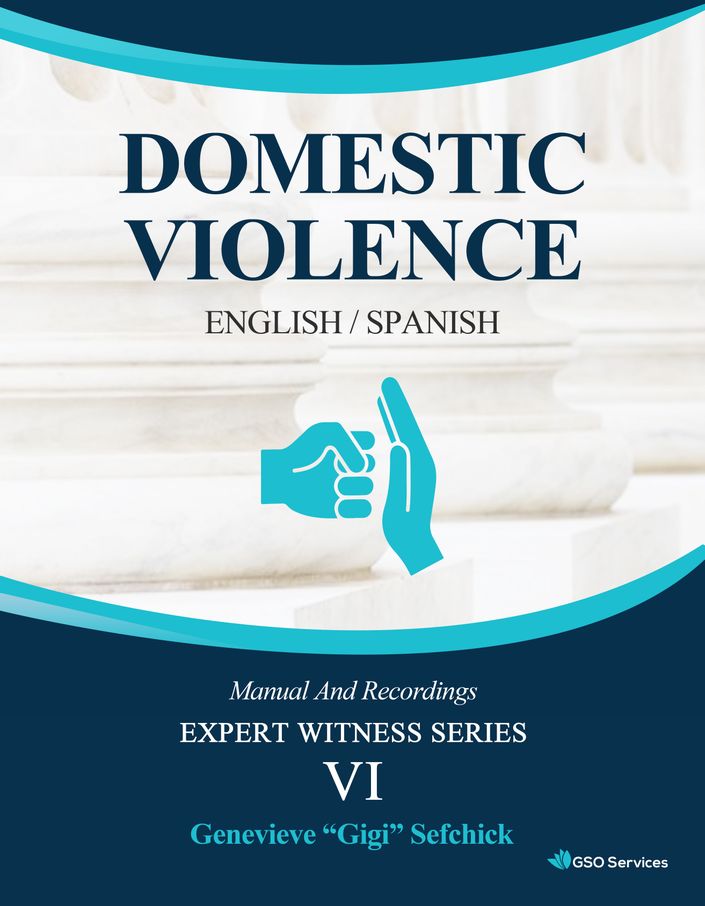The terminology used in Domestic Violence cases can be very specific.
Law Enforcement Officers are the main experts called to testify in cases of Domestic Violence. They are usually asked about their training, the crime scene, about the demeanor of the parties, about determining who the predominant or primary aggressor is, about statements made, among many other things. Criminalists are called to testify about the evidence collected at the scene, such as fingerprints, DNA evidence, and drugs. Emergency Medical Technicians, Forensic Nurses, and other medical practitioners will be called to testify to the different type of injuries sand determined if these are defensive or inflicted wounds. Forensic Psychologists or Psychiatrists, Social Workers, Trauma Experts, and Victim Advocates, are also important witness regarding dynamics of Domestic Violence, victim behavior, trauma, among other things.
We try to make learning terminology as hands-on and fun as possible, by offering, instead of lectures, many opportunities to practice interpretation skills and memorize, by using the terms in different contexts. We use videos, audio tracks, clips of podcasts, and audiobooks, to practice advanced simultaneous interpretation, as well as texts, illustrations, and puzzles.
This course includes a Strangulation/Suffocation Worksheet used by law enforcement, to practice Sight Translation. It also includes the testimony of a law enforcement officer and the testimony of a forensic psychologist in a current high-profile case, testifying for the defense on Battered Women Syndrome.
Approved for 5 Continuing Education Credits by : CA, NV, TX(4.5), FL(4 CIE), OR, TN(fl), KY, CO, OH, WA, AZ, MD, WI
Scroll to the bottom to read the reviews.

Once you sign up, you will receive the 70-page manual and a glossary of Domestic Violence related terms.
You can begin working on the course before receiving the materials. All materials are available for download directly from the platform.
Curriculum
Other Courses and Products
Reviews
"Thank you, Gigi, for another webinar that is informative and thorough. I learned about the complexity of domestic violence and new terminology that I can use in my work. I loved the camaraderie, discussing terms and experiences with you and my colleagues. You are a great instructor who are generous with your knowledge and training. I highly recommend everyone to take GSO courses (self-study or webinar) because they never disappoint me."
Sandra Bravo Jimenez
"I found the workshop very helpful. I recommend this workshop to anyone who is interested. The subject of domestic violence is difficult, but it is something that happens and as court and medical Interpreters we need to know the linguistic equivalents in order to do our jobs."
Alina Salvat








